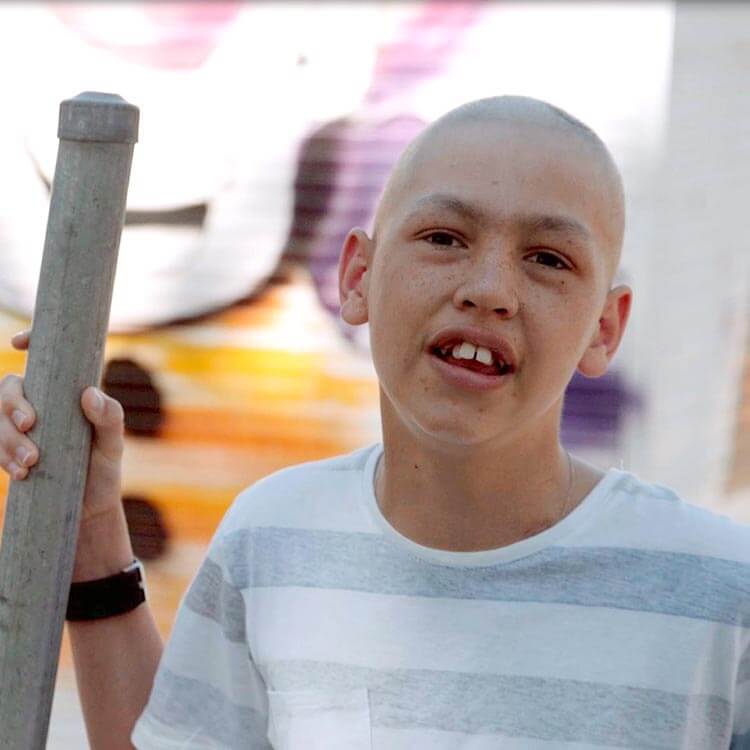Search

News & Events
Good bacteria ally in the fight against Strep AInnovative research aiming to prevent the spread of Strep A using ‘friendly’ bacteria in the throat has received a $1.5 million boost in the latest round of National Health and Medical Research Council grants.

There are many benefits to becoming a Supply Partner to the Institute that can help your business in a variety of ways.
NEC Australia has joined forces with The Kids Research Institute Australia to ensure a state-of-the-art ICT system is in place at the new Perth Children’s Hospital.

What would you discover to help a child? At The Kids, our researchers are committed to Cancer research that makes a real difference.
We hypothesised that MECP2 mutations occur predominantly on the male derived X chromosome.
We wanted to describe the range and variability in the expression of symptoms in girls and women with Rett syndrome.
We compared the symptoms and genetic characteristics of girls with Rett syndrome and both with and without initial diagnosis of autism.
We described the occurrence of scoliosis in Rett syndrome, how it develops and how it is influenced by the individual's age, mutation type, and walking ability.
Twenty-five families of girls who underwent a spinal fusion between 2006-2012 were interviewed to explore the course of their daughter's recovery.
Many girls and women with Rett syndrome experience seizures. We wanted to know if there were any factors that influenced the age when seizures first developed.
